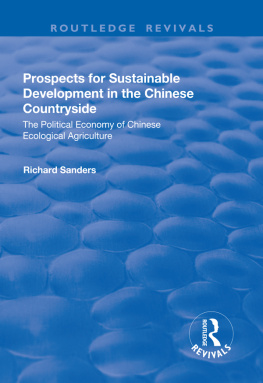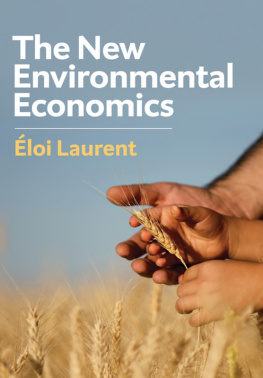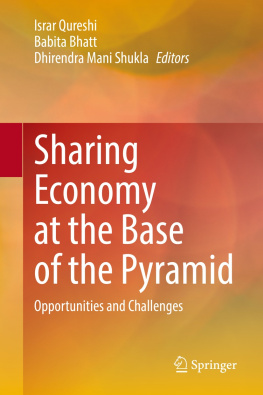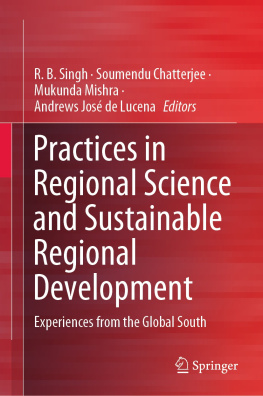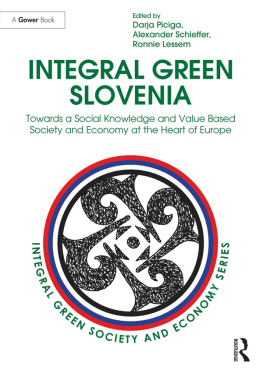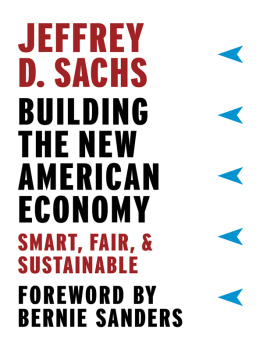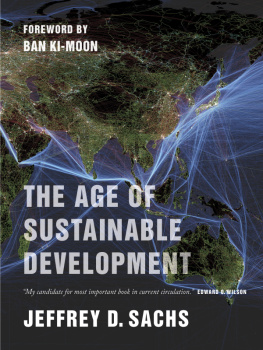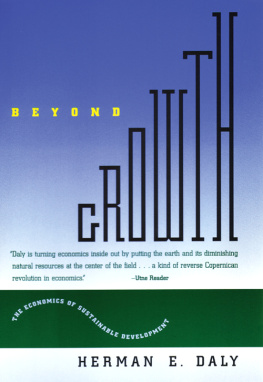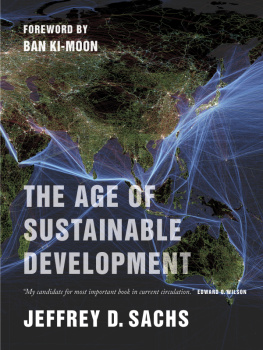THE SUSTAINABLE NATION: POLITICS, ECONOMY AND JUSTICE
ADVANCES IN SUSTAINABILITY AND ENVIRONMENTAL JUSTICE
Previously ADVANCES IN ECOPOLITICS
Series Editor: Liam Leonard
PUBLISHED UNDER SERIES TITLE ADVANCES IN SUSTAINABILITY AND ENVIRONMENTAL JUSTICE
International Business, Sustainability and Corporate Social Responsibility Volume 11
Edited by Maria Alejandra Gonzalez-Perez and Liam Leonard
Principles and Strategies to Balance Ethical, Social and Environmental Concerns with Corporate Requirements Volume 12
Edited by Maria Alejandra Gonzalez-Perez and Liam Leonard
Environmental Philosophy: The Art of Life in a World of Limits Volume 13
Edited by Liam Leonard, John Barry, Marius De Geus, Peter Doran and Graham Parkes
The Sustainability of Restorative Justice Volume 14
Edited by Paula Kenny and Liam Leonard
Occupy the Earth: Global Environmental Movements Volume 15
Edited by Liam Leonard and Sya Buryn Kedzior
The UN Global Compact: Fair Competition and Environmental and Labour Justice in International Markets Volume 16
Edited by Maria Alejandra Gonzalez-Perez and Liam Leonard
Beyond the UN Global Compact: Institutions and Regulations Volume 17
Edited by Liam Leonard and Maria Alejandra Gonzalez-Perez
Lessons from the Great Recession: At the Crossroads of Sustainability and Recovery Volume 18
Edited by Constantin Gurdgiev, Liam Leonard and Maria Alejandra Gonzalez-Perez
Climate Change and the 2030 Corporate Agenda for Sustainable Development Volume 19
Edited by Liam Leonard
Environmental Criminology: Spatial Analysis and Regional Issues Volume 20
Edited by Liam Leonard
ADVANCES IN SUSTAINABILITY AND ENVIRONMENTAL JUSTICEVOLUME 21
THE SUSTAINABLE NATION: POLITICS, ECONOMY AND JUSTICE
BY
LIAM LEONARD
California State University, Los Angeles, CA, USA
United Kingdom North America Japan
India Malaysia China
Emerald Publishing Limited
Howard House, Wagon Lane, Bingley BD16 1WA, UK
First edition 2018
Copyright 2018 Emerald Publishing Limited
Reprints and permissions service
Contact:
No part of this book may be reproduced, stored in a retrieval system, transmitted in any form or by any means electronic, mechanical, photocopying, recording or otherwise without either the prior written permission of the publisher or a licence permitting restricted copying issued in the UK by The Copyright Licensing Agency and in the USA by The Copyright Clearance Center. Any opinions expressed in the chapters are those of the authors. Whilst Emerald makes every effort to ensure the quality and accuracy of its content, Emerald makes no representation implied or otherwise, as to the chapters suitability and application and disclaims any warranties, express or implied, to their use.
British Library Cataloguing in Publication Data
A catalogue record for this book is available from the British Library
ISBN: 978-1-78743-380-9 (Print)
ISBN: 978-1-78743-379-3 (Online)
ISBN: 978-1-78743-459-2 (Epub)
ISSN: 2051-5030 (Series)
ACKNOWLEDGMENTS
The author would like to thank all of the staff at Emerald Publishing for their assistance with this and all the volumes in the Ecopolitics and Sustainable Justice series. In addition, he wishes to thank all contributors, editors and reviewers who have made the series a success over the last decade. Finally, he wishes to thank his family for their support, and in particular Janice Harter for her encouragement.
CHAPTER 1
INTRODUCTION: THE IRISH STATE, FROM BOOM TO BAILOUT TO BREXIT
This volume of the Advances in Sustainability and Environmental Justice examines events which occurred in the Republic of Ireland in the early decades of the Millennium. These years have proved to be tumultuous for Ireland, with major events such as the Peace Process, the economic boom and subsequent collapse of the Irish economy, the bailout plan of the International Monetary Fund (IMF). More recently, the United Kingdoms decision to leave the European Union has their Irish neighbours with an island divided North and South by an EU border. Plans in June 2017 for a coalition between the Conservatives and the Democratic Unionist Party of Northern Ireland, which goes against the spirit of the Good Friday Agreement, add to a disruptive air of uncertainty in the Republic. The main focus of this book is the response to policy processes which have occurred within the context of these dramatic changes.
Essentially, the book can be divided into three main sections, Politics, Economy and Justice. The book will provide an examination and analysis of the infrastructural development and social justice strategies and subsequent community responses in the Republic of Ireland, over recent decades. We can understand the subtext of development policies in Ireland in the context of the nations transition from a rights-based service policy model into a rationalised entity which reflects the prevailing outlook of neo-liberal governments globally. The impact of this neo-liberal/neo-corporatist policy framework has been outlined by Phelan and Norris (2008), where they write of the linkages between the prevailing policy model and the impact on poorer communities in Dublin. The community responses which emerge in reaction to the exclusion and concern caused by a corrosive form of social partnership can also be understood in this light, as environmental disputes about energy policies and communities, transport policy and heritage, waste management policy and pollution, and development and water supplies reflect an ongoing concern with the impact of reckless development on communities, environments and the political process.
After decades of economic stagnation, the Irish state embraced the dualistic agendas of neo-liberalism and neo-corporatism to create the economic basis for the multinational-led development that came to be synonymous with the boom decade of the Celtic Tiger. In addition, the state prioritised unfettered (or unregulated) infrastructural development as a response to the social needs of communities traditionally marginalised by high levels of unemployment and emigration. We can understand the consequences of this shift from the provision of a service-based social policy platform into that of a policy framework which promotes industrial concerns in the context of the Irish states prevailing neo-liberal model, which has resulted in a social partnership model where the industrial lobby holds sway, dominating successive populist governments with the support of compliant trade unions.
One result of this has seen areas traditionally marginalised due to the deprivation of poverty, unemployment and emigration, embarking on collective action responses in defence of communities or environments (Leonard, 2008). In many ways, it has been the manner in which rural communities have been neglected by the state over the decades before the Celtic Tiger which has created the pool of discontent from which campaigns of opposition to state policy have emerged. The resultant tension between environmental and developmental considerations has created a conflict where the state should mediate to promote the common good (Allen, 2007, p. xvii). However, in the Irish case, the demands of industry have gained prevalence over those of local communities excluded from neo-corporatist arrangements, with a series of community-based environmental protests occurring as a result in recent years.


